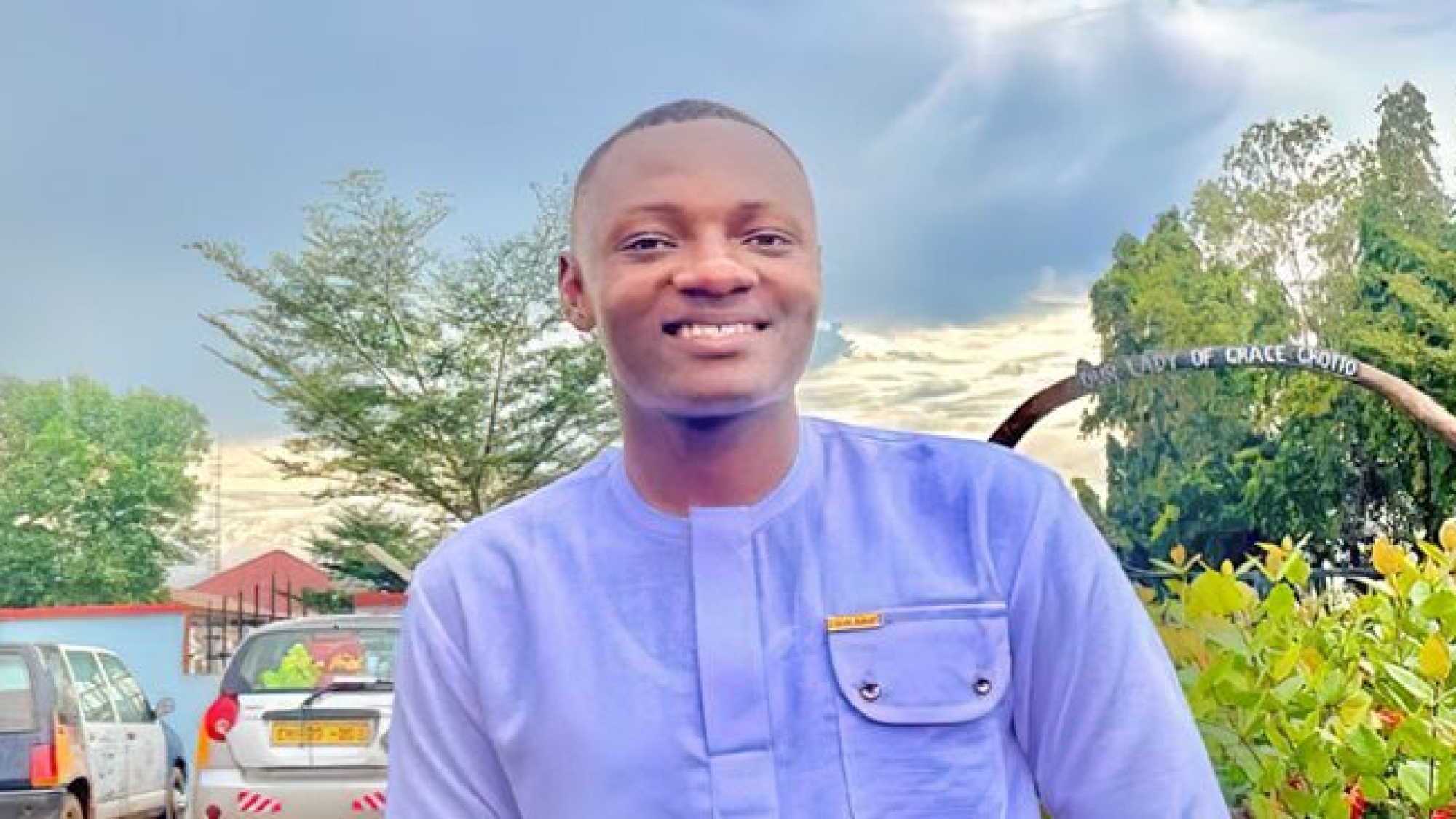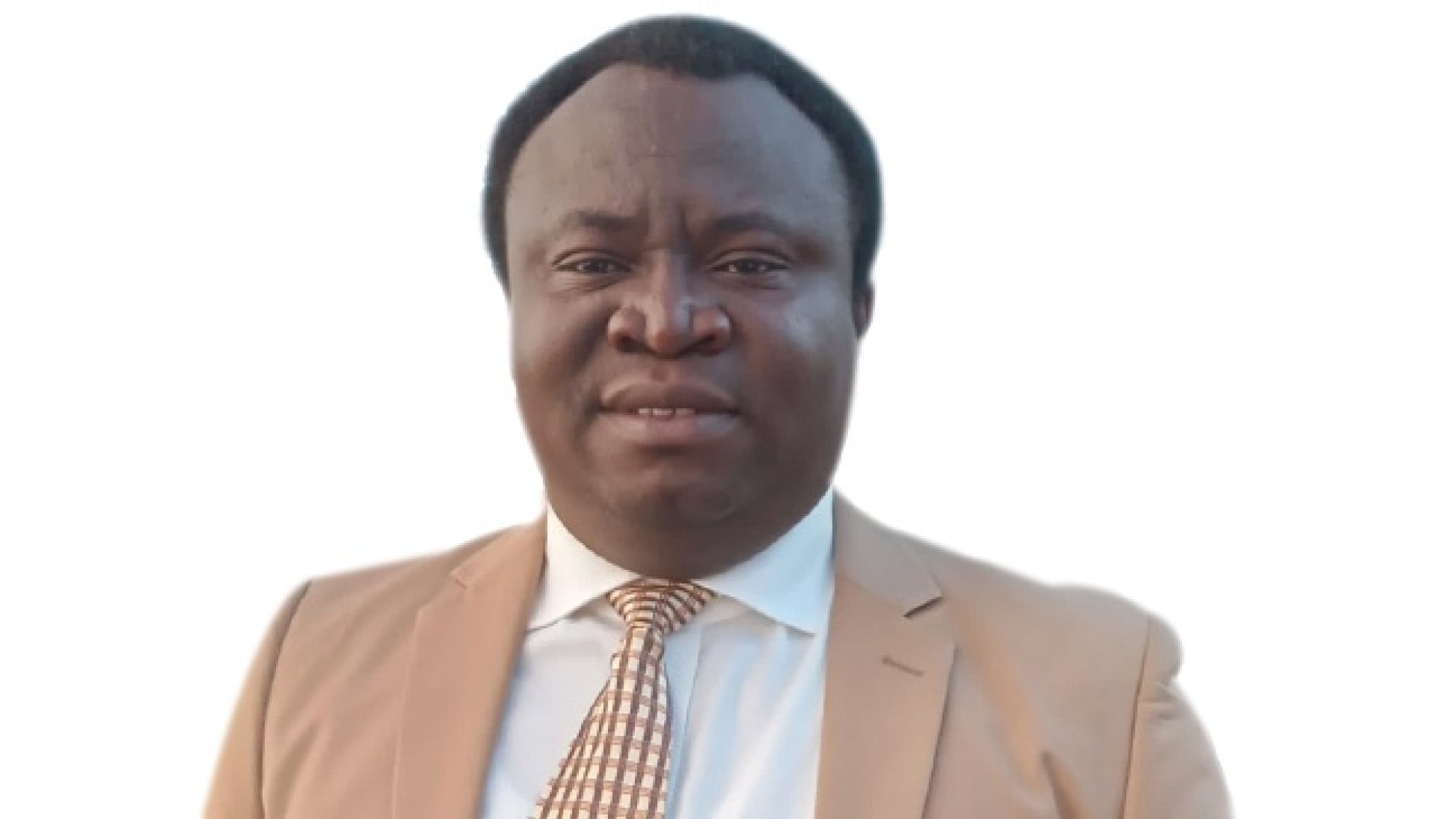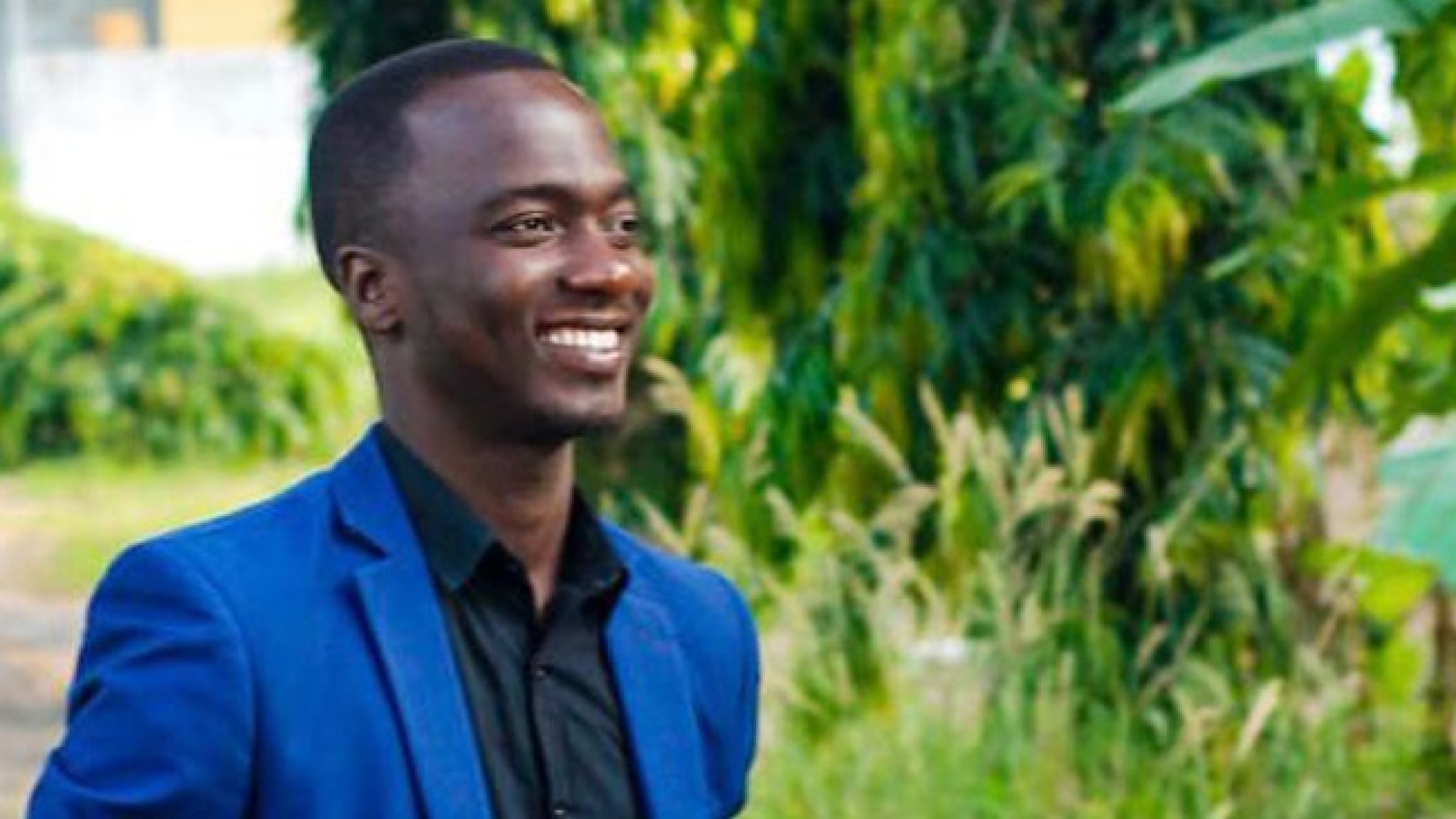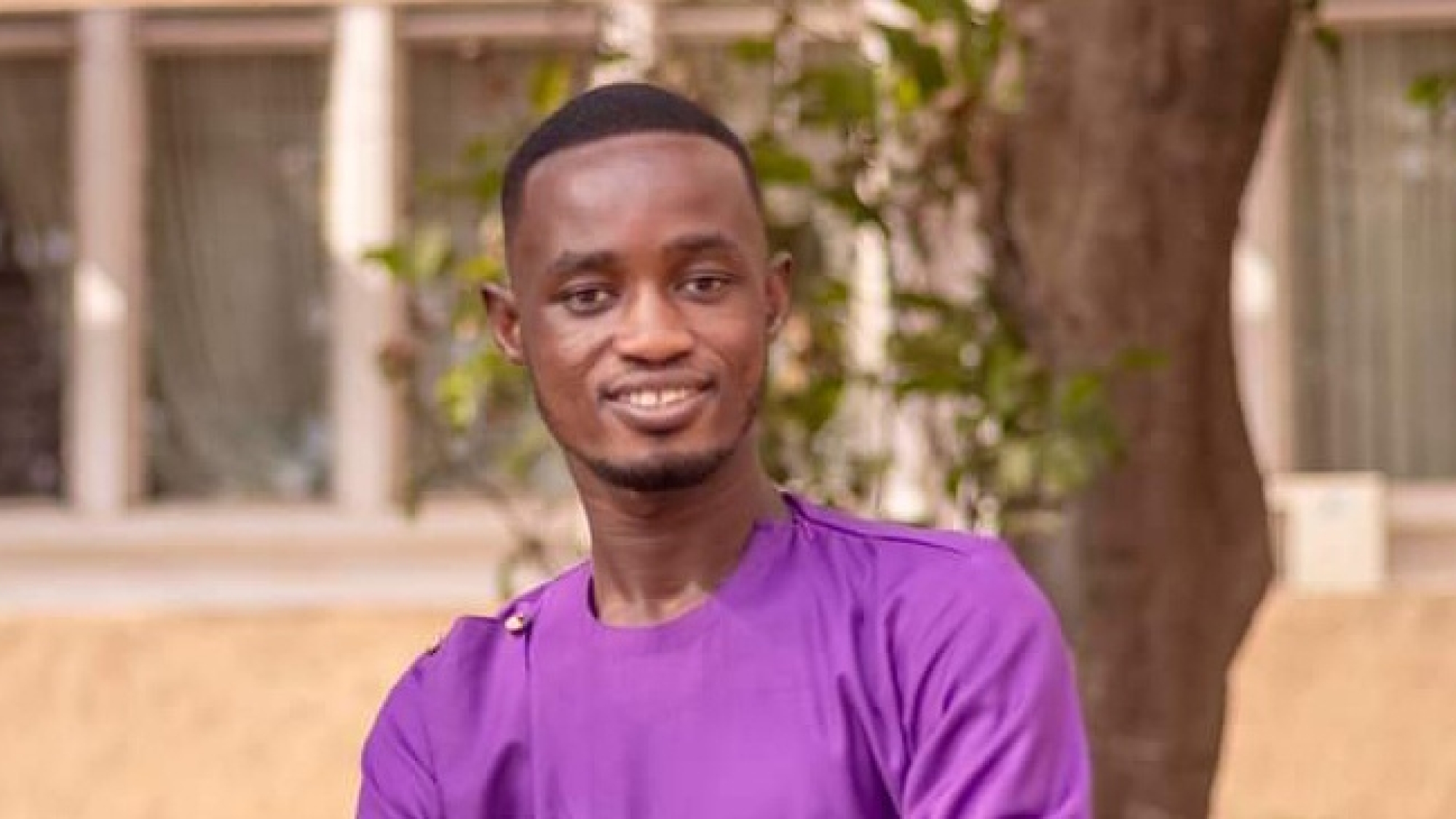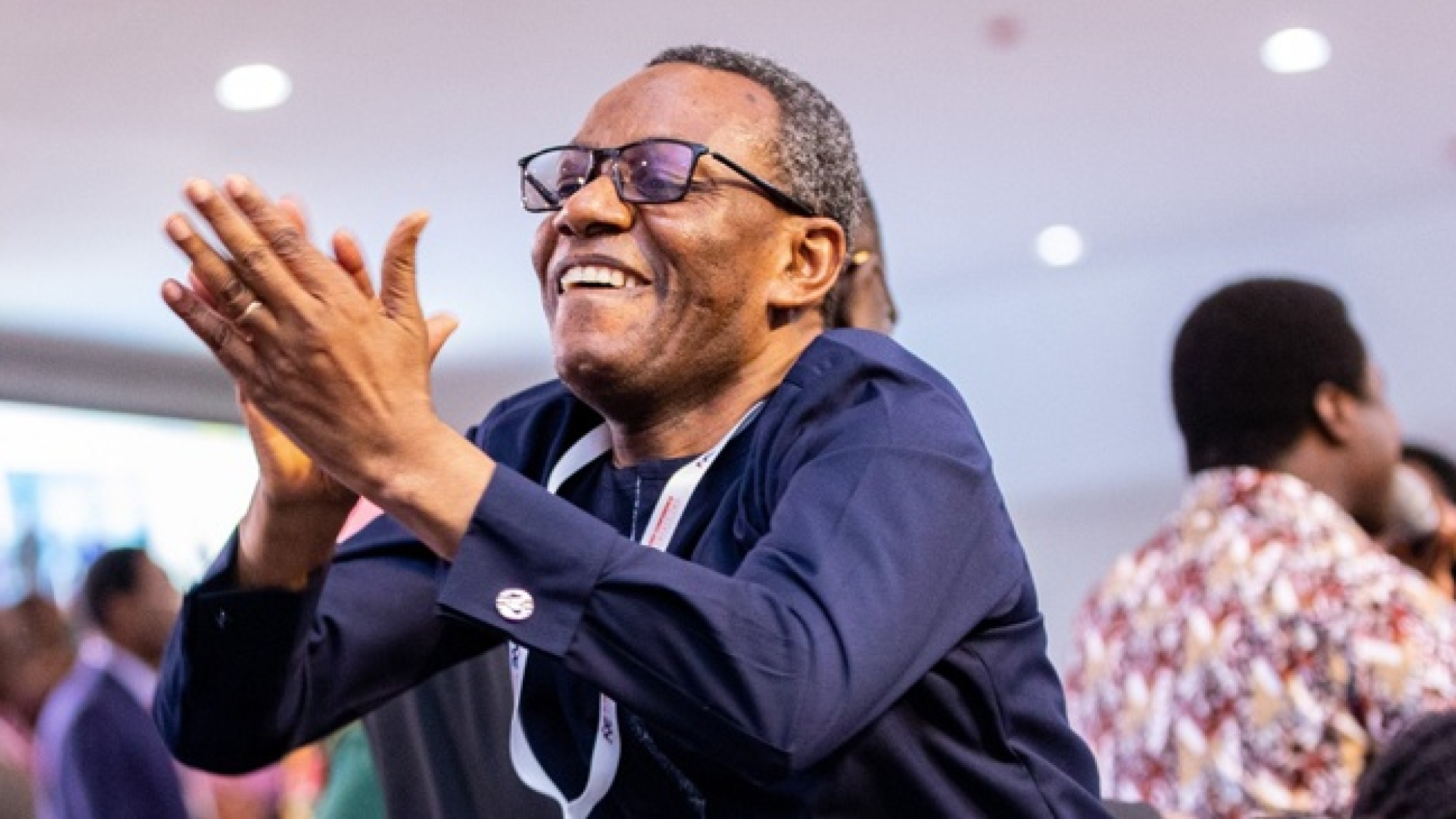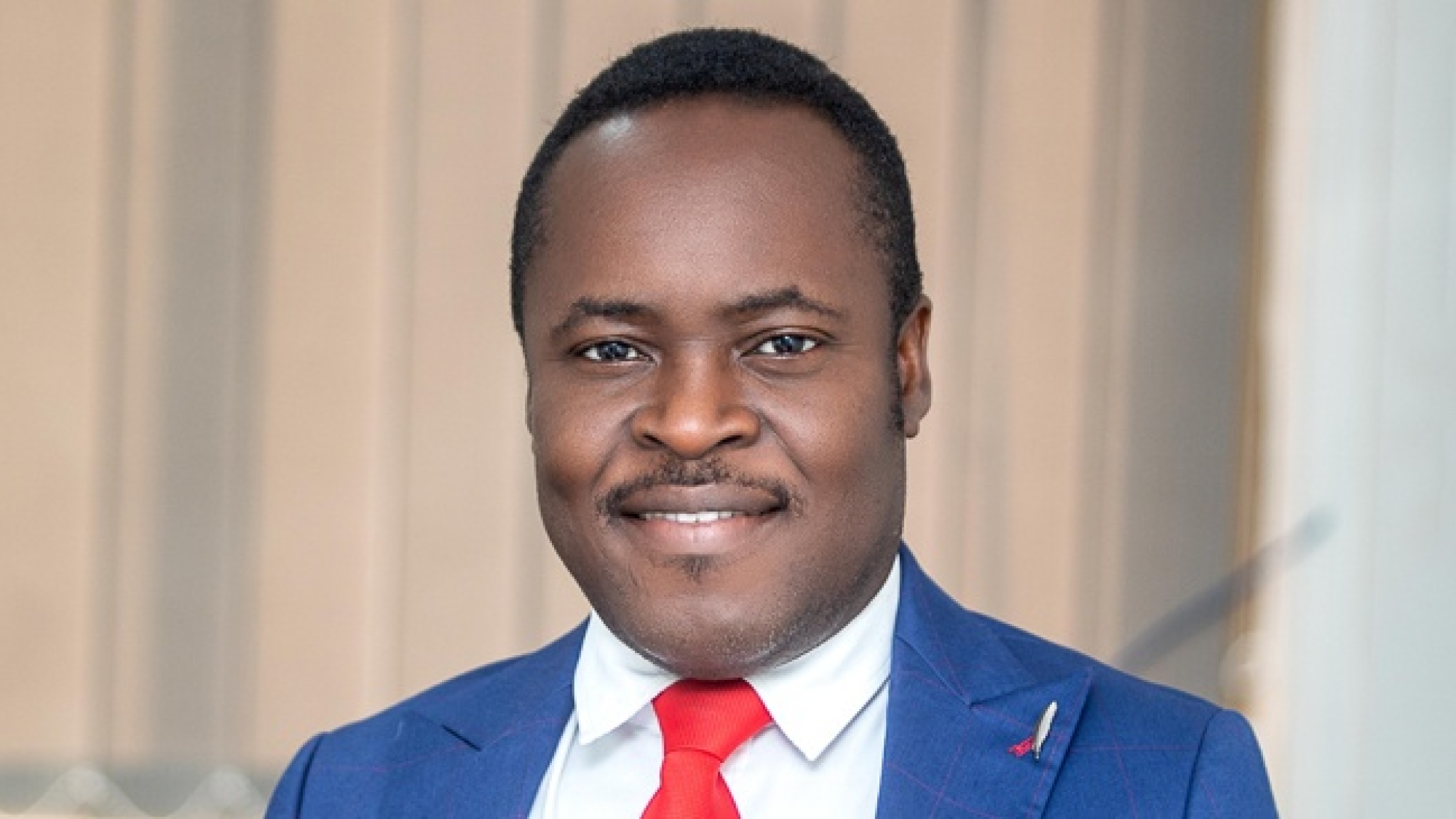“He changes times and seasons; he deposes kings and raises up others.” (Daniel 2:21a).
Even though systems of this world and its inhabitants have their unique methods of selecting or replacing their leaders, God is keenly interested in whoever leads, even jurisdictions and areas that can easily be classified as unbelievers. It is so because everything happening everywhere across the globe affects His called and the larger program of the second coming of Christ. In Jeremiah 27:6, God referred to Nebuchadnezzar, King of Babylon, as His servant even though he was used as a disciplining rod against Israel, His children. He again called Cyrus, King of Persia, as His anointed one in Isaiah 45:1 because He used him to reinstate them after their days in exile. If God intercepted the affairs of the rulers in the Gentile world then owing to the fortunes of Israel, then the Israel of God (i.e. Christians) must rest assured that He will be interested in whoever leads even the minutest group or sects in His vineyard business.
Unfortunately, there are times when the body of Christ witnesses needless bickering, strife and unhealthy struggle for power to lead God’s people. Due to what human manipulations and connections have achieved for some regarding appointments or promotions, many tend to lose sight of the fact that if God really wants you to occupy a position, nothing can stop it. Therefore, believers must ask themselves whether they are sure God had chosen them to occupy the seat they are so aspiring for. We will take a few God-appointed as Leaders and some substitutions He effected and glean lessons from them as Believers.
ELI TO SAMUEL
Eli was serving as High Priest at Shiloh with the support of his two sons, Hophni and Phinehas, who were also Priests. Unfortunately, these two sons of Eli started appropriating for themselves the best portion of sacrifices besides having sexual relations with the Temple’s serving women (1 Samuel 2:12-36). When they failed to repent of their wrongdoing, God decided to remove the Priesthood from Eli’s household and replace him with another person. The nod or Eli’s replacement fell on Elkanah’s household and specifically through a woman who was barren at the time. That woman was Hannah. Even at Elkanah’s house, God did not choose his offspring with Peninnah but opted for the humanly impossible option of Hannah’s non-existent child at the time. So, even under the same roof, God cannot be stampeded to accept anyone as His chosen leader for His use. He reserves the right and can engineer into existence even when what He wants is not readily available. According to 1 Samuel 1:7, Hannah’s faithfulness and commitment to God through the Temple worship was unwavering, although her need for a child was yet to be met. Could it be that her consistency at the worship at Shiloh for years was all in preparations for the grounds for her soon-coming son to hear and obey God’s voice? Penninah’s mockery of Hannah’s childlessness also urged her to rely entirely on God for her own child. The breakdown of law and order in Eli’s household, together with the level of truancy by his children, continued whilst Eli watched on helplessly. Humanly speaking, Samuel hadn’t even been conceived, let alone joined the queue of those likely to succeed Eli when he is called to glory.
God finally visited Hannah with a male child in the person of Samuel, whom she also dedicated to the service of God. Eli blessed young Samuel and, under his mentorship, taught and raised him to hear God’s voice and respond to Him appropriately (1 Samuel 3:9-10). Would Eli have blessed Hannah’s womb if he knew her seed would take over from him and, by extension, deny his household their Priestly legacy? Would he also have selflessly raised Samuel the way he did if he knew the latter’s steady growth in the Lord meant the loss of the leadership mantle from his household? If God could cause a person to bless and raise another to take over from him to the detriment of his own home, then believers must relax and leave all the processes that lead to appointing leaders and their substitution to Him. In one of Israel’s battles, Hophni and Phinehas died together. Eli also fell and died at the breaking of the news about the capture of the Ark and the death of his sons. At this time, God had started reaping the benefits of the investments He had made in Samuel (1 Samuel 2:21). 1 Samuel 3:19 reads, ” The Lord was with Samuel as he grew up, and he let none of Samuel’s words fall to the ground.” After Eli’s death, Samuel took over the ruins of the leadership of Israel (1 Samuel 7:1-17). Samuel, therefore, had no hand in the happenings against Eli’s household and their painful defeats in their battle against the Philistines that led to his elevation as a Prophet. The “Samuels” of today must focus their energies on maintaining a steady growth in God and living the business and politics of who takes over from whom to God. He knows what to do at all times.
SAMUEL TO SAUL
When Samuel was old, and the Israelites began to look for his successor beyond his two sons who loved bribes, they agitated for a human king as all other nations did (1 Samuel 8:5). In all their agitation, Saul had no idea that the mantle was going to fall on him as the first human king of Israel in their promised land. Samuel was displeased with Israel’s request for a king. However, after he prayed about it, God calmed his nerves and directed him on what to do (1 Samuel 8:6). When leaders spend time and pray about their successors, God hears and intervenes, no matter the level of hatred that precedes the eventual choice.
Although it was not God’s will for Israel to be ruled by human kings, he selected and supervised the selection of King Saul, but not without warning them of the consequences of living under human kingship (1 Samuel 8:11-17). Saul’s height and personality depicted and illustrated what humans usually consider in the selection of leaders (1 Samuel 9:2; 16:7). Saul needed to meet Samuel to be anointed, so God displaced some donkeys belonging to Kish, Saul’s father.
Saul and one of his father’s servants searched all the most probable areas, but the donkeys were nowhere to be found (1 Samuel 9:4-5). This obviously would not be a pleasant experience for the household of Kish, but God was up to something more than the mind could ever imagine. Similarly, some may have to temporarily endure painful ordeals to meet their “Samuels” to take over their God-ordained leadership mantles.
Saul, in his desperation and concern for his father, suggested to the servant that they return home. The servant, however, brought an idea to look for a respectable seer in the town he had heard of who could help them. On their way to look for Samuel, who happened to be the said seer, a group of young women directed them to him. After Saul met Samuel, his father’s missing donkeys were found, and he was equally anointed as Israel’s first king. Kish’s servant and the young women were, therefore, consequential in the plan of God for Saul to meet Samuel (1 Samuel 9).
Therefore, God knows how to use circumstances, the lowly in society, such as servants and women who were usually relegated to the background in those days, to bring his purposes to pass. This is all the more reason why we must respect and love all those God brings along our path. You might not know the slave girl the Lord had directed to usher you to your predecessor or God-given office.
Samuel said to all the people at Saul’s coronation, “Do you see the man the Lord has chosen? There is no one like him among all the people.” And the Israelites shouted, “Long live the king!” (1 Samuel 10:24). In all these, God did not expect Samuel to be bitter in any way for not choosing Joel, one of his sons, to be the king. The same God who rejected Eli’s sons for him was the very God who picked Saul ahead of Joel. When choosing people to lead at any given time, he insists that he is the greatest stakeholder, so he must be allowed to do whatever pleases him.
SAUL TO DAVID
Just after his glorious investiture as Israel’s first human king, God decided to take the kingship from Saul’s household and replace him with someone after his own heart due to disobedience. He offered a burnt offering contrary to spiritual protocols and failed to carry out orders from God in the battle with the Amalekites (1 Samuel 15:1-11). God, therefore, announced his rejection and substitution through Samuel. David had not even been born at this time because Saul was around 30 years old. Saul was around 42 years old when David was probably born (1 Samuel 13:13-14). Therefore, David, his successor, could not have had any hand in his rejection by God. This happened totally by surprise (1 Samuel 15:26-27). Although God announced his rejection in the early days of his reign, he ruled for 42 years before God brought on board his successor. God knows how to change his people and determines the right time to do so, even when they appear to have failed woefully.
In one of Israel’s military campaigns, Jonathan was rescued by the men of Israel from being killed by his father, Saul, in 1 Samuel 14:43-45. God orchestrated all that because Jonathan’s life was consequential to the smooth handing over of power to David as king. Mysteriously, Jonathan, who was slated to succeed his father as king, loved David beyond human comprehension and against his own chances of ascending the throne in the event of his father’s demise. Therefore, God can preserve some people’s lives until his purposes concerning those he has chosen to lead his people are fulfilled. God can also put the special love of others in the hearts of some influential people for his chosen leaders. It is God who supposedly makes “rivals” or competitors love each other as though nothing is at stake (1 Samuel 19:1).
God instructed Samuel to visit the house of Jesse and anoint the one he had chosen as Saul’s successor. Jesse lined up his children, starting with the eldest, for God to choose from. David appeared forgotten because he was in the bush tending the household’s flock at the time. After all the seven sons had assembled before Samuel, he asked Jesse, “Are these all the sons you have?” “There is still the youngest,” Jesse answered. “He is tending the sheep.” Samuel said, “Send for him; we will not sit down until he arrives.” (1 Samuel 16:11-12). Although David was the youngest and the most unlikely, looking at the distance between him from the bush to the horn of oil, God caused time to wait for him. No human being or manipulation can cover a chosen vessel of God and keep them beyond his reach. If he wants a person, he speaks to events, times, and seasons to wait for them until they arrive. When David finally appeared, God told Samuel, “Rise and anoint him; this is the one.” (1 Samuel 16:13). God knows the one, so let us relax whenever we wait on God to choose from possible contenders.
A champion of Gath named Goliath suddenly arose and began to terrorize Israel. They could not offer him a suitable reply for forty days until David stormed the battlefield. David’s father sent him on an errand to seek his brothers’ welfare on the battlefield and supply them with food (1 Samuel 17:17). He did not expect David to bother himself with Israel’s invasion by the Philistines led by Goliath in the Valley of Elah. David’s eldest brother Eliab picked up an unnecessary quarrel with him, which could have silenced and discouraged him from going back to his shell. David, however, would not entertain such discouraging remarks. The “Davids” must focus on giving their best by ignoring such disparaging remarks and attacks from the senior brother “Eliabs” (1 Samuel 17:29). Saul began to be tortured by evil spirits, which could only be handled and managed by David’s skill of playing the harp. These were all God’s orchestration to bring David to the limelight and for Saul’s managers to know his usefulness and ensure a smooth transition process (1 Samuel 16:23; 17:11; 17:26). Similarly, Joseph was also sent by Jacob, his father, to seek his brothers’ welfare in Dothan when he ended up being sold by them to Egypt to become the prime minister of Egypt. Running errands for our parents and staying obedient and loyal to people in authority are ways God uses to unearth his plans for our lives.
The adverse effects of nepotism, cronyism, and family-and-friends syndrome are real in any governance system or leadership structure. However, those machinations cannot thwart God’s purposes for those he has selected to lead. If not, how come all of Saul’s biological children came to David’s side and helped him escape all the deadly traps their father set for him (1 Samuel 19:1; 11-17; 20:31)? If God has selected you for an assignment, do not fret when you see the tendencies of family and friends at play. God knows how to handle that as well. Then comes the risky management of dealing with the threats on one’s life from those who see themselves as contenders or competitors. At one point, when David thought he was by all means going to be killed by Saul, he said, “I am only a step away from death” (1 Samuel 20:3). Was Saul going to succeed in killing David, the chosen king after God’s own heart? David wept bitterly in 1 Samuel 20:41 and at one point even feigned madness all because of how close he encountered death because of Saul (1 Samuel 21:13; 23:14). If God selects and appoints, he also secures and preserves, so let us trust in him.
VASHTI TO ESTHER
Vashti was the queen of Persia during the reign of King Xerxes, who ruled over 120 provinces stretching from India to Cush. In one of the celebrations at his royal palace, the king sent for his wife Vashti to come up on stage and display her beauty to the nobles and people gathered. Mysteriously, the queen refused to come (Esther 1:12). This infuriated the king and ultimately ended in her removal as queen. A mechanism was quickly put in place to select a new queen for the king, and in the end, Esther the Jew won the contest and became the wife and queen in replacement of Vashti. Pundits would never have given Esther any dog’s chance to compete since she was not only a non-citizen of the land, she was one of the exiles who was also an orphan raised by her male cousin Mordecai. Her good looks were therefore offered by God for the assignment God had for her.
Concerning Esther’s beauty, Esther 2:7 reads, “This young woman, who was also known as Esther, had a lovely figure and was beautiful. Mordecai had taken her as his own daughter when her father and mother died.” Meanwhile, concerning Vashti’s beauty, the Bible says, “… For she was lovely to look at.” (Esther 1:11). That was a titanic clash between “lovely figure” and “lovely to look at.” However, when God found Esther’s position as a queen to be consequential in curbing the wicked plans of Haman against his children, he supervised Vashti’s replacement with Esther.
GOD WORKS THROUGH MEN
Some believe in working through men to annex certain positions of authority and influence. Such people fail to acknowledge that God is the greatest stakeholder in his vineyard business and would therefore not have a disinterested posturing regarding who becomes what. Absalom lost sight of this fact and planned an overthrow of David, his father, with the help of influential minds like Ahitophel. God wouldn’t have any of that, and in the end, Absalom met his untimely death (2 Samuel 15). God does not condone rebellion as a route of ascending to leadership positions. He had already prepared Solomon to be David’s successor instead of Absalom.
God enforced the judgment on Eli’s household when he wanted Samuel, selected and supervised Israel’s misguided choice of a human king, Saul, even against his will for them. He rejected and substituted Saul with David when he disobeyed him and caused the destoolment of Queen Vashti of Persia to make way for Esther, the orphan. For Absalom, who tried maneuvering his way out to the political office, the least said about him, the better. Instead of being carried away by what could be best described as human-centered aspirations or ill-advised ambitions, let us relax and focus on our callings because if God wants you there, he knows what to do.
On this note, I would like to express my heartfelt congratulations to Apostle Eric Nyamekye on his re-election as the Chairman of The Church of Pentecost. Daddy, may the Lord God, who knew and chose you even before birth, continue to be your help, guide, and shield. o Apostle A.N.Y. Kumi-Larbi, I say a big “Ayekooooo!” to you for the successful completion of your mandate as the General Secretary of our dear church. Congratulations to you once again, Apostle Samuel Gyau Oboubi, on your election as the General Secretary of The Church of Pentecost. God will surely see you through. I would also like to congratulate Apostle Dr. Jimmy Markin and all the newly elected Executive Council members for being selected by God to continue the great work our fathers of the church started.
Written by Pastor James Agyin





